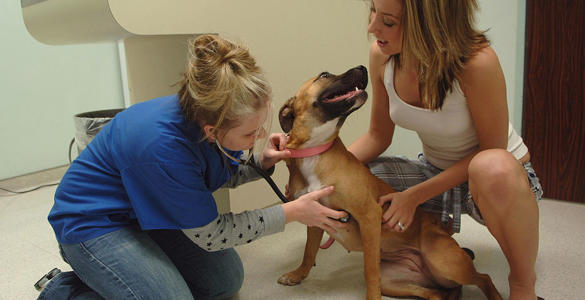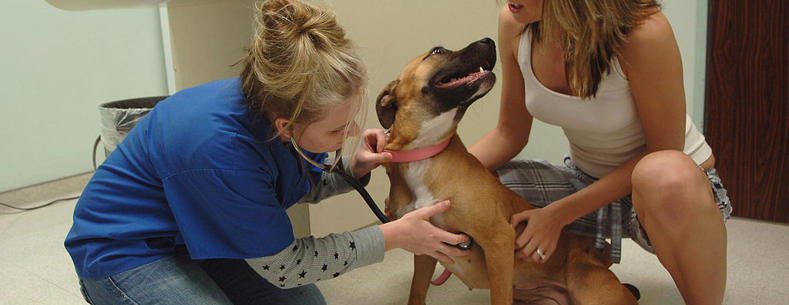Article by Candice Boyes, National Assembly for Wales Research Service
The Welsh Government is introducing a legal requirement for dog owners in Wales to microchip their animals - the legislation will be made under Section 12 of the Animal Welfare Act 2006, with Welsh Ministers proposing that all dogs in Wales (including puppies over 56 days old) are microchipped. Currently there are around 8 million pet dogs in the UK. The Pet Food Manufacturers Association survey, carried out in 2014, estimated that there were 690,000 dogs in Wales, with 67 per cent (approximately 460,000) already microchipped. An exception to the proposed legislation would be not-for-profit rehoming centres, where dogs in their care will not require microchipping as they are not considered to be the animals’ legal owners (the dogs do not “normally reside” with them). They will, however, be able to microchip any un-chipped dogs that come into their care with the details of the person to whom the dog is being re-homed. In a written statement Rebecca Evans AM, Deputy Minister for Farming and Food, announced that the legislation will be introduced in April 2016. This will match the announced dates for both England, and Scotland. The practice of microchipping is already a legal requirement in Northern Ireland under the Dogs (Licensing and Identification) Regulations (Northern Ireland) 2012. The rationale behind the Welsh Government’s new legislation is that:
The key benefit of compulsory microchipping of all dogs is improved animal welfare. It will encourage owners to take greater responsibility for their dogs’ welfare and behaviour, and could also provide traceability for disease control purposes.
Compulsory microchipping is also expected to have an impact on reducing the number of stray animals in Wales – which according to the 2014 survey (PDF, 396KB) by the Dog’s Trust, has been on the increase, with an estimated 8,140 stray dogs in Wales. Background The discussion of compulsory microchipping of dogs has been ongoing for some time. The Control of Dogs Order 1992 made it a legal requirement for dogs to be identifiable when in a public place, either by wearing a collar featuring the details of the owner, or through tattooing – a method which is popular with owners of working dogs. There have, however, been some issues with these previous methods. Collars are easily lost or removed, and it has also been known for dogs to be mutilated in order to remove traces of tattoo identification. The Welsh Government first considered the matter back in October 2009 when it conducted two surveys and aimed to gather views of both the Local Authorities, and Veterinary professionals. The Welsh Government then held a general consultation (PDF, 83.09KB) in 2012 to assess public opinion on the issue of compulsory microchipping. The results of this consultation produced a higher percentage of favourable responses than the 2009 surveys, with 84% of respondents in favour of the legislation’s introduction. In 2014, regulations for the legislation were drafted and laid before the National Assembly for Wales – however, a range of technical issues (including the standards of implantation method and equipment) meant the draft had to be withdrawn for further consideration. Stakeholder reactions Despite majority support, some groups and individuals oppose the legislation. One reason cited is concern that the microchips could cause formation of tumours, with opposition websites referencing CASPIAN's report, Microchip-Induced Tumors in Laboratory Rodents and Dogs: A Review of the Literature 1990–2006 (PDF, 1.74MB). Conversely, the RSPCA have been campaigning on the issue of compulsory microchipping in Wales for some time and have welcomed progress made in the consultation. RSPCA Cymru’s head of external affairs, Claire Lawson, has said on the matter:
Microchipping is fantastic in many ways, not least in increasing the chance of reuniting lost or stolen dogs with their owners.
The British Veterinary Association (BVA) have also supported the proposals in their response (PDF, 78.3KB) to the consultation. Rob Davies, President of the BVA’s Welsh Branch, also commented:
Our members across Wales will be very pleased that we have both a clear timetable and a clear commitment to getting the details of implementation right. We will work with Rebecca Evans and her team in the coming year to help get the message out to vets and their clients across Wales about the introduction of these important regulations in 2016, making sure that owners are well-prepared and know their responsibilities.






